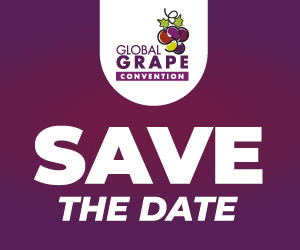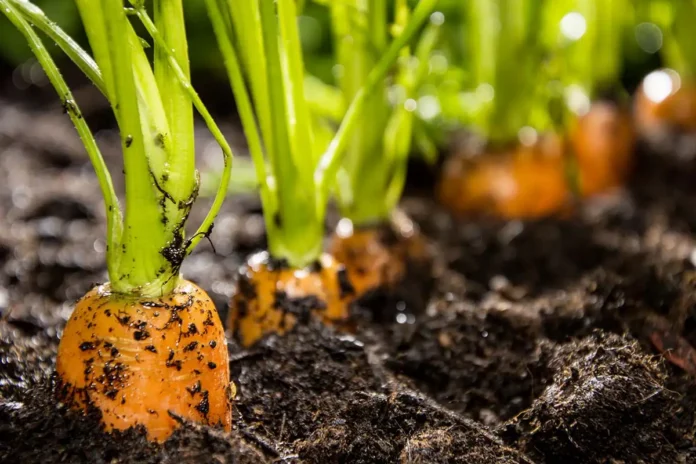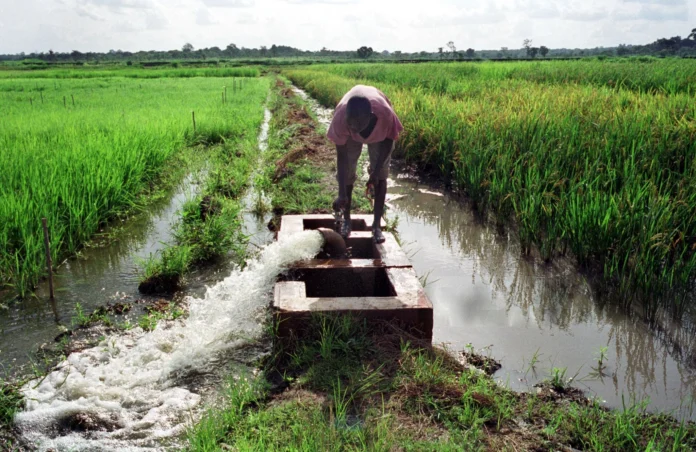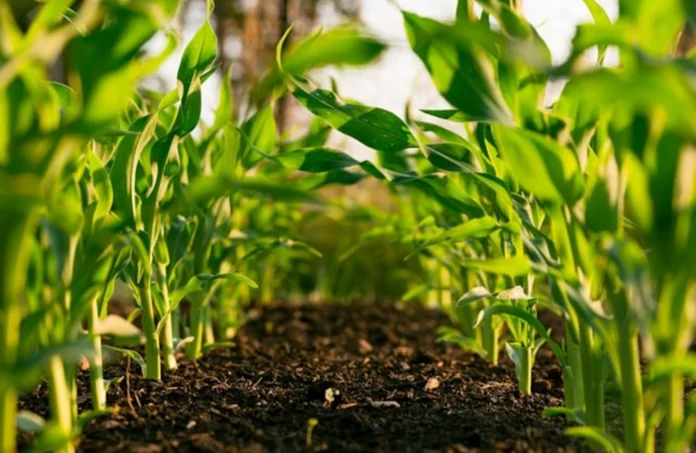Arabfields, Nadia Fatima Zahra, Oran — In a significant boost to Algeria’s agricultural sector, the renowned Deglet Nour date has achieved a landmark international recognition through the adoption of a global standard for fresh dates. This development marks a strategic victory for the North African nation, poised to unlock new opportunities in international markets and solidify its position as a leading exporter of premium dates. As the world’s third-largest producer of dates, Algeria’s Deglet Nour variety, celebrated for its translucent amber hue, honey-like sweetness, and velvety texture, stands at the forefront of this achievement, promising enhanced visibility and competitiveness on the global stage.
The news comes at a pivotal time for Algerian agribusiness, where dates not only represent a cultural cornerstone but also a vital economic pillar. With production exceeding 1.3 million tons annually, dates contribute substantially to rural livelihoods, foreign exchange earnings, and national food security. This new international norm, finalized after rigorous deliberations, ensures that Algerian dates meet stringent quality benchmarks, facilitating smoother entry into discerning markets across Europe, North America, and Asia. But to fully appreciate the magnitude of this recognition, one must delve into the rich history, unique attributes, and far-reaching implications of Deglet Nour.
The Essence of Deglet Nour: A Gift from Algerian Oases
Deglet Nour, whose name translates to “finger of light” in Arabic, evokes images of sun-kissed palms swaying in the vast Saharan oases. Originating from the Tolga region in eastern Algeria, this cultivar of the date palm (Phoenix dactylifera) has been cultivated for centuries, tracing its roots back to ancient Berber traditions. Historical accounts suggest that the variety emerged in the fertile valleys of the Oued Righ, where the unique microclimate, characterized by hot days, cool nights, and mineral-rich irrigation from underground aquifers, imparts its signature qualities.
What sets Deglet Nour apart is not just its aesthetic appeal but its sensory profile. The fruit boasts a semi-dry texture that melts in the mouth, with a balanced sweetness reminiscent of caramel and subtle nutty undertones. Its thin, edible skin encases a golden flesh that’s low in fiber yet packed with nutrients: potassium, magnesium, antioxidants, and natural sugars that provide sustained energy. Nutritionists often tout it as a superfood, ideal for athletes, dieters, and those seeking natural alternatives to processed sweets. In Algerian cuisine, Deglet Nour stars in everything from traditional tagines and couscous dishes to festive sweets like makroud el-louz during Ramadan, where it’s stuffed with almonds or dates for an indulgent treat.
Algeria’s dominance in Deglet Nour production is no accident. The country cultivates over 80% of the global supply, primarily in southern provinces like Biskra, Ouargla, Ghardaïa, and El Oued, regions collectively known as the “Date Triangle.” These areas host more than 18 million palm trees, tended by generations of phoeniciculteurs (date farmers) who employ time-honored techniques alongside modern irrigation systems. Algeria’s 2023 output reached 1.32 million tons, trailing only Egypt and Saudi Arabia but leading in export value for premium varieties like Deglet Nour. This positions the nation to capitalize on the burgeoning global demand for organic and ethically sourced superfoods, projected to grow at 7.5% annually through 2030.
The Path to International Recognition: From Local Pride to Global Standard
The journey to this latest accolade began years ago, intertwined with efforts to protect Deglet Nour’s geographical indication (GI). In 2022, the World Trade Organization (WTO) officially recognized “Deglet Nour Tolga” as a protected designation of origin, shielding it from imitation and affirming its Algerian heritage. This move was crucial, as neighboring countries like Tunisia and Morocco had long marketed similar varieties under the same name, diluting Algeria’s brand. The GI status ensures that only dates from specific Algerian terroirs can bear the label, much like Champagne for French sparkling wine or Darjeeling for Indian tea.
Building on this foundation, the recent adoption of the international standard for fresh dates, likely under the auspices of the International Organization for Standardization (ISO) or Codex Alimentarius, represents the culmination of collaborative international workshops. These efforts involved experts from date-producing nations, focusing on parameters like moisture content, size grading, pesticide residues, and packaging protocols. The finalized norm streamlines certification processes, reducing trade barriers and enhancing consumer trust worldwide. For Algerian exporters, this translates to fewer rejections at customs and premium pricing, Deglet Nour currently fetches up to $5 per kilogram in European supermarkets, compared to $2-3 for generic dates.
This recognition echoes earlier triumphs. In December 2024, TasteAtlas, a global culinary ranking platform, crowned Algerian Deglet Nour as the world’s top date variety, praising its “refined balance of sweetness and texture.” By March 2025, it had climbed even higher in updated lists, securing spots in the top three alongside other Algerian gems like Ghrous and Thouri. These accolades have not only boosted national pride but also spurred investments: the Algerian government allocated over 10 billion Algerian dinars (approximately $75 million) in 2025 for palm grove rehabilitation, drip irrigation upgrades, and export infrastructure.
Economic and Cultural Impacts: Fueling Growth and Heritage
Economically, Deglet Nour is a powerhouse. The date sector employs over 500,000 people directly, with ripple effects in processing, logistics, and tourism. Exports surged 15% in 2024, reaching $300 million, primarily to France, Italy, and the United States, where 95% of domestic dates trace their lineage to Algerian offshoots imported in the early 1900s. The new standard is expected to accelerate this trend, potentially adding 20-30% to export volumes by 2027, according to industry analysts. Challenges persist, however: climate change-induced droughts, water scarcity, and competition from subsidized producers in the Gulf. Yet, initiatives like solar-powered desalination plants in Biskra and organic certification drives are mitigating these risks.
Culturally, Deglet Nour embodies Algeria’s resilient spirit. In folklore, it’s linked to legends of oases where a luminous date palm sustained wandering caravans, symbolizing abundance amid the desert’s harshness. Annual festivals, such as Biskra’s International Date Festival, draw thousands to celebrate harvests with music, crafts, and tastings, transforming rural economies into vibrant cultural hubs. This global nod reinforces Deglet Nour’s role as a “soft power” ambassador, showcasing Algerian innovation in sustainable agriculture.
Challenges, Innovations, and a Sweeter Future
As Algeria basks in this recognition, the road ahead demands proactive strategies. Enhancing cold-chain logistics to preserve freshness during long-haul shipments is paramount, as is diversifying into value-added products like date syrup, bars, and cosmetics derived from date pits. Collaborations with international bodies, such as the International Date Palm Conference, could further elevate standards.
Moreover, empowering women farmers, who comprise 40% of the workforce in southern oases, through training and microfinance will ensure inclusive growth. Environmental stewardship is equally critical: agroforestry projects integrating date palms with drought-resistant crops like figs and pomegranates can combat desertification while boosting biodiversity.
The global embrace of Deglet Nour is more than a certification, it’s a testament to Algeria’s enduring legacy in date cultivation. By aligning tradition with modernity, the nation is not just exporting fruit but sharing a slice of its soul. As markets open wider, Deglet Nour’s “fingers of light” will illuminate pathways to prosperity, one golden date at a time. For producers in Tolga’s sun-drenched groves, this milestone whispers a promise: their labor, once confined to local bazaars, now shines on the world’s tables.












